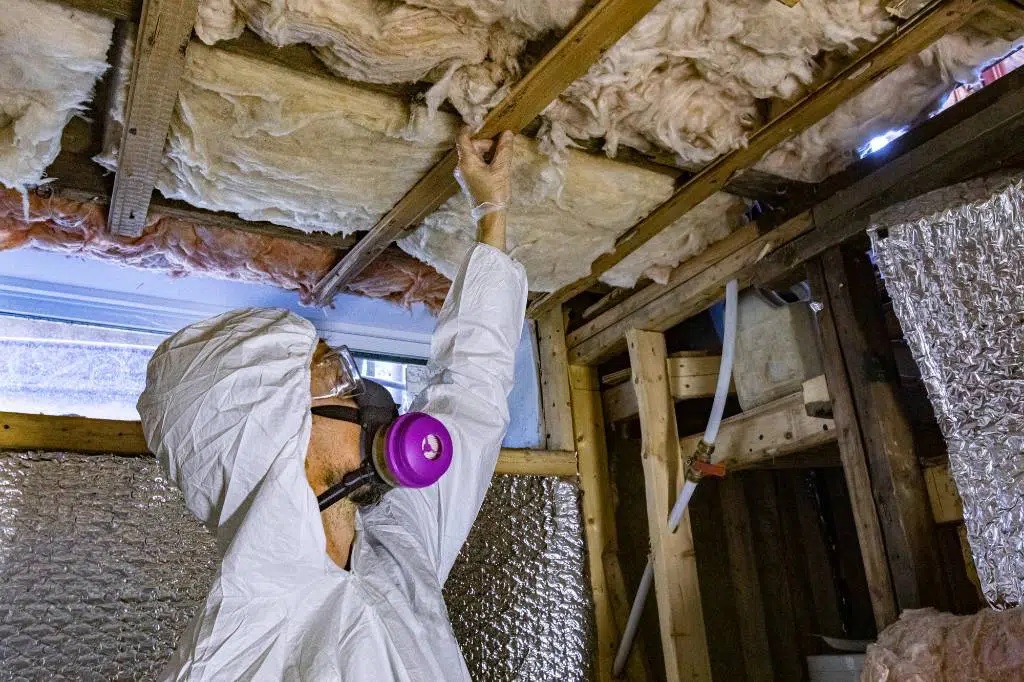
You have the opportunity to study for and receive certification as a mold inspector. This will open up more career paths than you may think. In fact, that mold inspector certification could be your ticket to a career that’s rewarding in more ways than one. Here are some examples to consider.
Inspection Work For Government Agencies
It’s not unusual for government agencies ranging from local municipalities to federal departments to employ the services of mold inspectors. The ability to identify the presence of mold in areas that escape notice from others makes what you do a valuable resource in more situations that many people realize. This is because utilizing structures where mold is present poses a serious threat to public health.
Your services may be needed to determine the condition of a government facility that has not been used in some time. In the event that it’s about to be remodeled and put back into active use, it’s imperative that all mold be removed from the premises. What you find sets the stage for remediation and the subsequent success of the project.
Work in the Construction Industry
You may also find positions within the construction industry. Remember the construction is not just about building new structures; it’s often about modifying or adding to buildings that are already in place. Your role is to identify the presence of mold so it can be removed before any other work gets underway.
In this position, the focus is on making sure the entire construction crew can do their jobs without being exposed to mold. Along with preventing illness, finding the mold and making it possible to remove it in advance also helps to minimize the liability of the property owner and the construction company at the same time.
An Inspector For a Mold Remediation Service
Your mold inspector certification would provide you with the chance to work directly with a mold remediation company. Part of your work will focus on finding and identifying the types of mold found in different locations. Clients in many walks in life may call on the service to inspect properties and any buildings found there.
In this scenario, you may also cross train to be part of the actual remediation. This means you not only find the mold, but take the necessary steps to remove if from the premises. Your work may take place in residential as well as commercial settings.
Working in the Disaster Recovery Field
Disasters often provide ample opportunities for mold to develop. From storm damage to flooding to intentional criminal actions, the outcome may be an area where mold can proliferate. Thanks to your training, it will be easier to spot mold in areas where others would not be aware of it for a long time.
This makes it possible for you to be a key part of the cleanup and restoration that follows the disaster. Your ability to locate mold means nothing is overlooked, and small traces of mold never have the chance to develop into major issues in the weeks and months after the restoration is considered complete.
Find out more about the opportunities that your certification will make available in your area. At least a couple of them may be paths that you want to seriously consider.


Comments are closed.